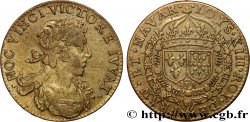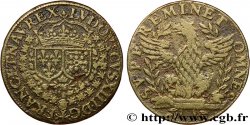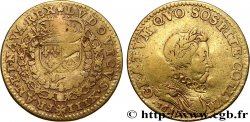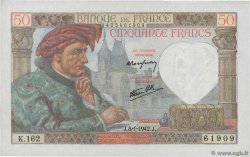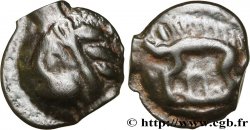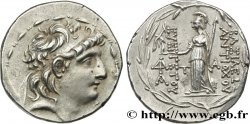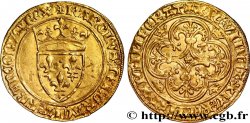Live auction - fjt_518707 - LOUIS XIII THE JUST MAN Imposition de la loi commune aux Protestants (l’édit de Nantes) en Béarn 1620
Чтобы принять участие в торгах, вы должны войти в систему и стать подтвержденным участником аукциона. Войдите, чтобы сделать ставку. Ваш аккаунт будет подтвержден в течение 48 часов. Не ждите до закрытия торгов, чтобы зарегистрироваться.Сделав ставку на данный товар, вы вступаете в юридическое соглашение на покупку выбранного товара и нажатием кнопки «Сделать ставку» подтверждаете принятие вами условий интернет-аукционов cgb.fr.
Ставка может бить сделана только в полном эквиваленте евро. Торги закроются согласно времени, указанному в описании товара, все ставки, сделанные после закрытия торгов, учитываться не будут. Не следует откладывать предложение вашей ставки до последнего момента, так как система может не успеть обработать вашу заявку, и ваша ставка не будет принята. Более детальную информацию вы найдёте здесь: FAQ по интернет-аукционам.
Все ставки победителей подлежат комиссии 18%.
Все ставки победителей подлежат комиссии 18%.
| Оценить : | 300 € |
| Цена : | 191 € |
| Максимальная предлагаемая цена : | 255 € |
| Конец торгов : | 29 January 2019 17:23:30 |
| Участников : | 3 Участников |
Тип Imposition de la loi commune aux Protestants (l’édit de Nantes) en Béarn
Дата: 1620
Металл: silver
Диаметр: 27,1 mm
Ориентация осей монеты: 6 h.
Редкость: R1
Ссылки в каталоге: :
Лицевая сторона
Аверс: легенда: LUDOVICUS. XIII. D. G. FRANCORUM. ET. NAVA. REX.
Аверс: описание: Écu accolé de France et de Navarre sous une couronne, le chiffre du roi entre trois couronnes sous les écus, le tout entouré des colliers de l'ordre de Saint-Michel et du Saint-Esprit.
Аверс: перевод: Louis XIII, par la grâce de dieu, Roi des Francs et de Navarre.
Обратная сторона
Реверс: легенда: DISCITE. IVSTITIAM. MONITI. À L'EXERGUE : 1620.
Реверс: Описание: En face d’un groupe d’hommes regardant à gauche, un bras sortant d’un nuage et tenant une épée flamboyante, au-dessus de laquelle brille une étoile ; au second plan, une ville, avec des montagnes dans le lointain ; à l’exergue : .1620..
Реверс: перевод: Apprenez la Justice de cet avis / et soyez éclairés.
Комментарий
Les protestants du Béarn avaient refusé d’appliquer l’édit de Nantes. En 1620, le jeune roi décide, seul et contre l’avis de son Conseil, de faire respecter l’édit en Béarn. Il quitte Poitiers en septembre à la tête de son armée qui doit mettre le siège aux places fortes du Béarn.
Le 15 octobre, le roi entre à Pau et reçoit l’allégeance des Béarnais, le catholicisme est rétabli et les biens du clergé confisqués par les Protestants reviennent à leurs propriétaires légitimes. La légende de revers et le motif se rattachent probablement à cet épisode, la ville du revers pourrait symboliser Pau et le Béarn, les montagnes sont les Pyrénées.
Ce jeton a réalisé, dans un état comparable, 504 euros dans MONNAIES 23, n° 1135 avec cinq enchérisseurs.
The Protestants of Béarn had refused to implement the Edict of Nantes. In 1620, the young king decided, alone and against the advice of his Council, to enforce the edict in Béarn. He left Poitiers in September at the head of his army, which was to lay siege to the strongholds of Béarn. On October 15, the king entered Pau and received the allegiance of the Béarnese, Catholicism was restored, and the clergy's property confiscated by the Protestants returned to its rightful owners. The reverse legend and motif are probably related to this episode; the city on the reverse could symbolize Pau and Béarn, and the mountains are the Pyrenees. This token, in comparable condition, achieved 504 euros in COINS 23, No. 1135 with five bidders.
Le 15 octobre, le roi entre à Pau et reçoit l’allégeance des Béarnais, le catholicisme est rétabli et les biens du clergé confisqués par les Protestants reviennent à leurs propriétaires légitimes. La légende de revers et le motif se rattachent probablement à cet épisode, la ville du revers pourrait symboliser Pau et le Béarn, les montagnes sont les Pyrénées.
Ce jeton a réalisé, dans un état comparable, 504 euros dans MONNAIES 23, n° 1135 avec cinq enchérisseurs.
The Protestants of Béarn had refused to implement the Edict of Nantes. In 1620, the young king decided, alone and against the advice of his Council, to enforce the edict in Béarn. He left Poitiers in September at the head of his army, which was to lay siege to the strongholds of Béarn. On October 15, the king entered Pau and received the allegiance of the Béarnese, Catholicism was restored, and the clergy's property confiscated by the Protestants returned to its rightful owners. The reverse legend and motif are probably related to this episode; the city on the reverse could symbolize Pau and Béarn, and the mountains are the Pyrenees. This token, in comparable condition, achieved 504 euros in COINS 23, No. 1135 with five bidders.







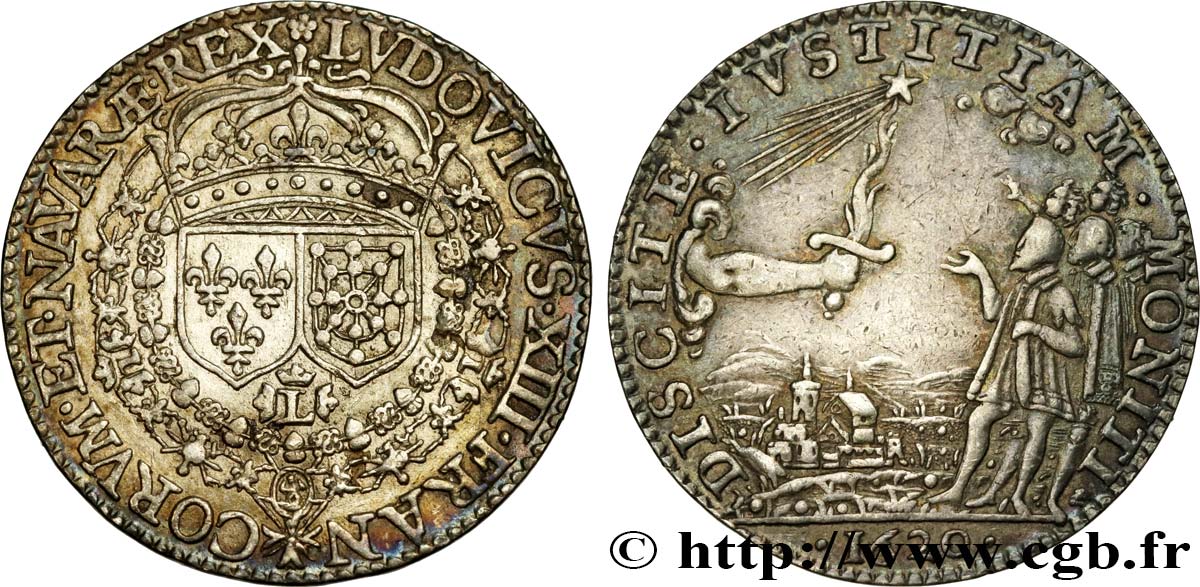
 Cообщить об ошибке
Cообщить об ошибке Распечатать страницу
Распечатать страницу Отправить мой выбор
Отправить мой выбор Задать вопрос
Задать вопрос Consign / sell
Consign / sell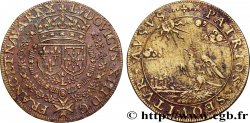
 Информация
Информация